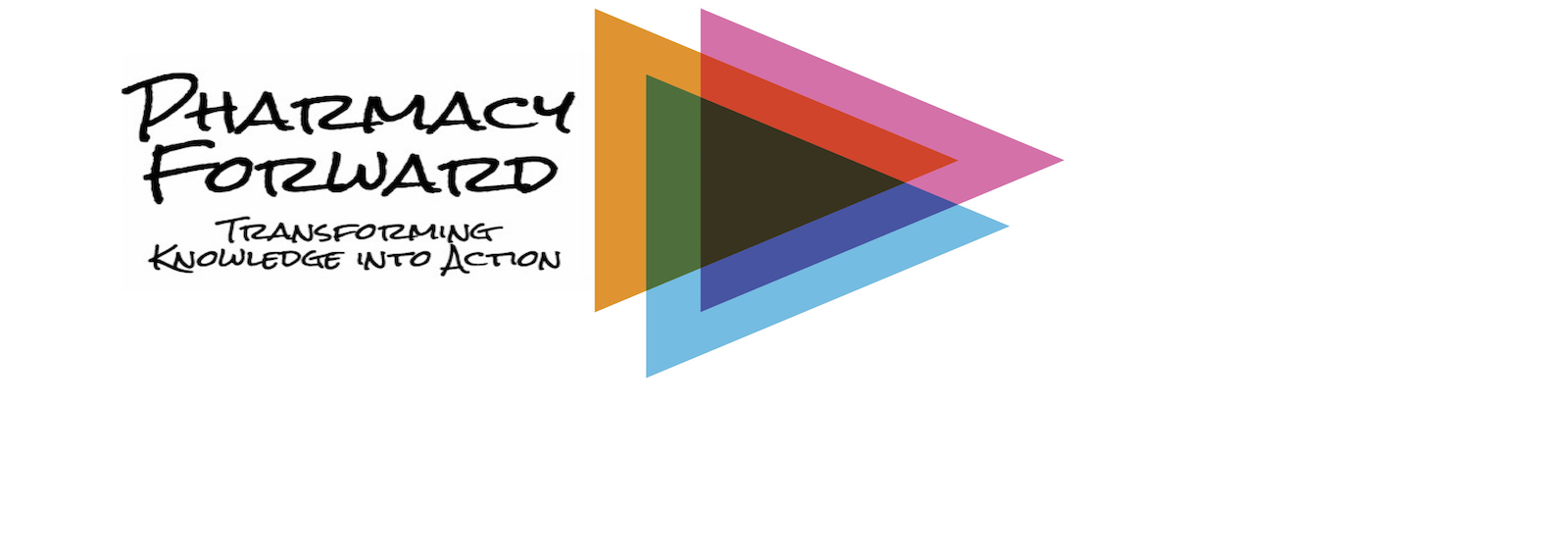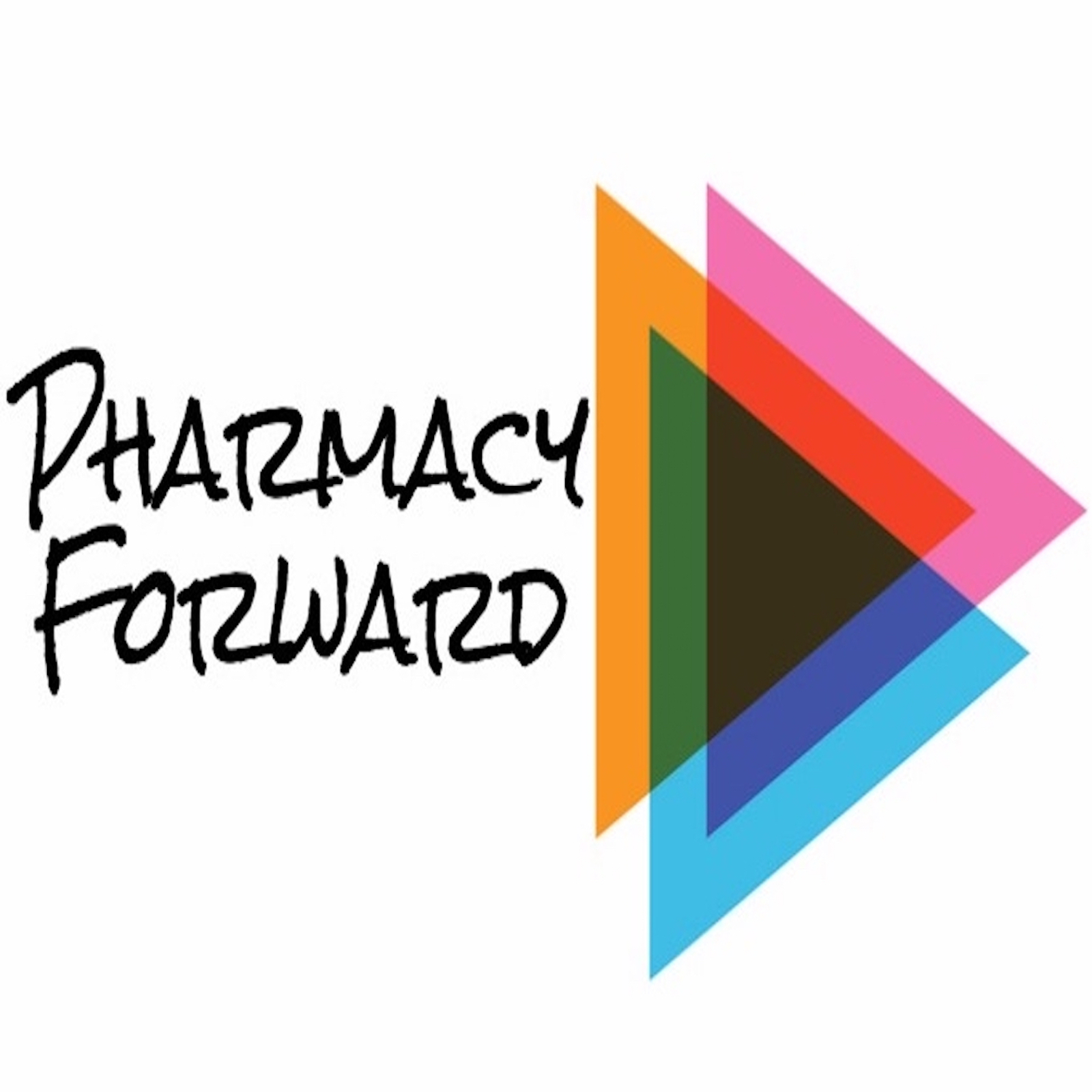Episodes

Tuesday Dec 14, 2021
Treatment and Vaccine Hesitancy - How to Effectively Talk with Patients
Tuesday Dec 14, 2021
Tuesday Dec 14, 2021
Bruce Berger, Ph.D. - Berger Consulting LLC and Professor Emeritus, Auburn University - and Col. John D. Grabenstein, R.Ph., Ph.D. - Vaccine Dynamics SP - talk with us about treatment hesitancy, its root causes, and how health professionals can engage patients in treatment decisions more effectively.
Key Lessons:
- Treatment and vaccine hesitancy is often grounded in inadequate information, changing information (leading to doubt), personal beliefs, misinformation, distrust (of the health care professional's motivations), and (sometimes) apathy.
- Actively soliciting and listening to a patient's concerns is the key to understanding the sources of doubt and hesitancy.
- Confrontation and dismissing a patient's understanding will cause "face loss" and lead to more resistance, not less.
- Monologues about "the facts" are not helpful. It is important to ask permission and then gently offer new information for the patient to consider.
- The patient is always driving the bus and all treatment decisions rest with them. The goal should be to become a trusted advisor who's always on the patient's side.
- It may take some patients several months (or even years) to arrive at a decision to start a new treatment or receive a vaccine.
- Our words can alienate a patient and sever a relationship. This is perhaps the worst possible outcome because it prevents us from having a positive influence in the future.
Want to learn more about motivational interviewing and vaccinations? Be sure to check out these resources:
Immunization Action Coalition (www.immunize.org)
ComMIt - Comprehensive Motivational Interviewing (MI) Training
eLearning MI Training for Health Professionals - Purdue University
Berger B. Using Care and Compassion to Respond to Vaccine Hesitancy.

Tuesday Jul 17, 2018
Digital Health Devices and Apps! (III)
Tuesday Jul 17, 2018
Tuesday Jul 17, 2018
Cody Clifton, Pharm.D. - Clinical Pharmacist and Special Projects Manager at Moose Pharmacy and Coordinator of Quality Assurance and Best Practices for the Community Pharmacy Enhanced Services Network U.S.A. (CPESN-USA) - talks about the use of mobile devices and apps to remotely monitor patients to improve medication adherence, effectiveness, and safety.
Key Lessons: Numerous devices and apps are available to assist patients with medication adherence; the Spencer device (by Spencer Health Solutions)* provides medication monitoring data and helps connect patients, caregivers, and pharmacists; pharmacists can partner with accountable care organizations (ACOs) to improve outcomes and reduce healthcare cost using mHealth devices and apps.
*Please note that PharmacyForward does not endorse or recommend any products or services. The Spencer device is one of several potential options that pharmacists and patients may wish to consider when adopting a mHealth solution.

Wednesday Jun 13, 2018
Digital Health Devices and Apps! (II)
Wednesday Jun 13, 2018
Wednesday Jun 13, 2018
Julie Lauffenburger, Pharm.D., Ph.D. - Assistant Director of the Center for Healthcare Delivery Sciences at the Brigham and Women's Hospital and co-investigator for the MedISAFE-BP study talks to us about the use of smartphone applications to improve medication adherence.
Key Lessons: Improvements in medication adherence don't necessarily lead to improvements in outcomes (e.g. blood pressure control or cardiovascular events) unless patient-monitoring data is shared and used by clinicians to make medication adjustments; smartphone apps should provide nudges to patients in a manner they find most useful; technology should make the medication use process easier, not more difficult.

